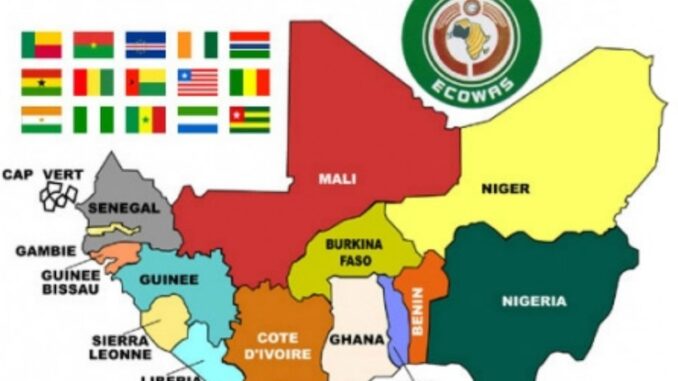
Although one of the worst-affected nations by terrorist activity, West African leaders failed to come together to discuss joint action against terrorism.
A meeting in Abuja, highlighted the urgent need to work together as part of a standby military force to fight terrorist groups that have been mushrooming in the Sahel region, taking advantage of trafficking, porous borders and instability.
The meeting was boycotted by some of the worsts-affected countries in the region: Mali, Burkina Faso and Niger, where the army has taken power.
The three countries are at odds with the rest of the ECOWAS, led by Nigeria, who demand a return to democratic governance.
Nigeria’s president Bola Ahmed Tinubu urged the proper establishment and strengthening of a regional standby military force.
This force, initially proposed in response to the July 2023 coup in Niger, would act as a deterrent against large-scale terrorist operations, he said.
“The moment has come to work out an all-encompassing Continental Strategic Plan of Action to effectively fight against terrorism across Africa,” head of the African Union Commission Moussa Faki Mahamat told participants at the two-day summit.
“We cannot understand that elsewhere in the world, coalitions to fight against terrorism were established and that similar efforts are not made in, at least, one of the five regions in Africa, where the destructive phenomenon is ravaging human lives, infrastructures and institutions. Why our voices are not heard and heeded?” Faki said.
According to the African Center for the Study and Research on Terrorism (ACSRT), Africa witnessed an average of eight terror-related incidents and 44 daily casualties in 2023. The toll included 7,000 civilians and 4,000 military personnel killed in attacks.
